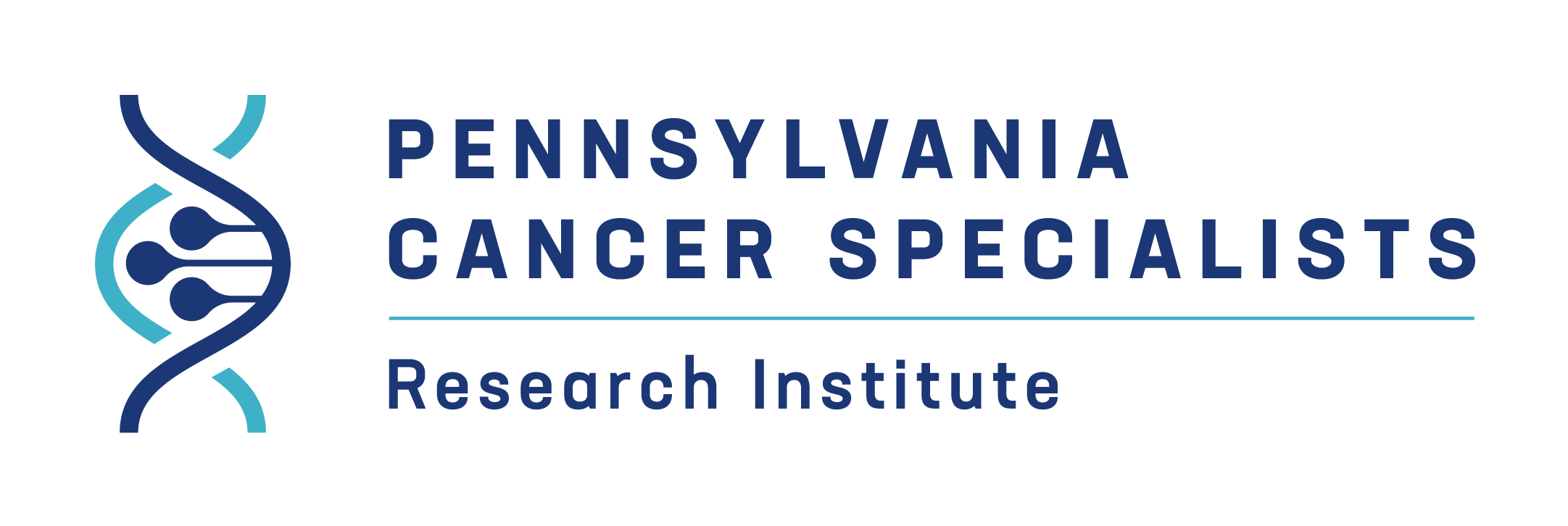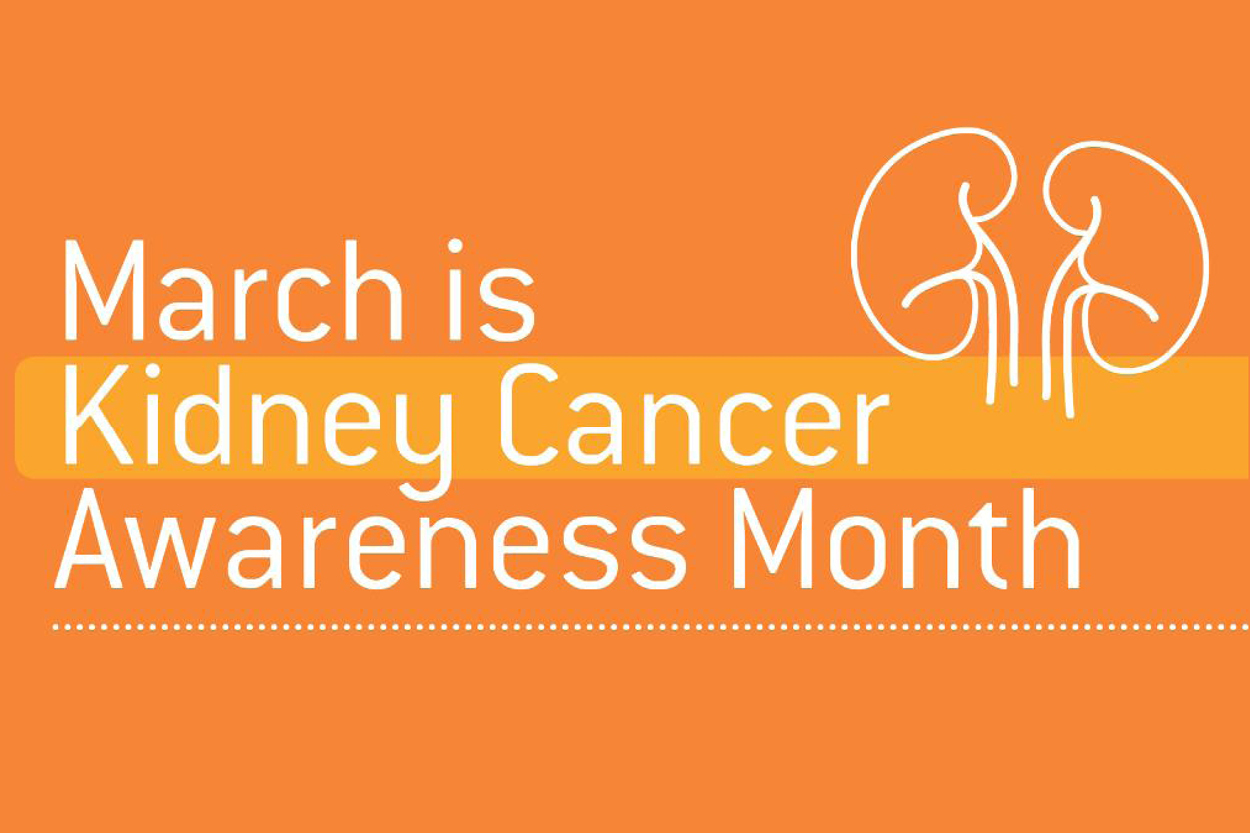How to Support Your Kidney Health
March marks a momentous month for raising awareness about kidney health. Both National Kidney Month and National Kidney Cancer Awareness Month are recognized in March. National Kidney Month focuses on educating people about the vital role kidneys play in maintaining overall health, and National Kidney Cancer Awareness Month aims to educate people about kidney cancer, a disease that starts in the kidneys and often doesn’t cause any symptoms during the early stages.
Your kidneys are two bean-shaped organs that sit right below the rib cage. They’re about the size of a fist and are located on each side of your spine. Kidneys are part of your urinary tract, and play a pivotal role in filtering waste and extra fluid from the blood. Your kidneys also produce hormones that help control your blood pressure, make new red blood cells, and keep your bones strong and healthy. Keeping your kidneys healthy is key to maintaining balanced body functions among the nerves, muscles, and other tissues.
How to Keep Your Kidneys Healthy
Make Kidney-Healthy Food Choices
Focus on eating a balanced and nutritious diet that helps you maintain a healthy blood pressure and blood sugar range. Eating vegetables, fruits, nuts, seeds, legumes, beans, whole grains, and lean sources of protein can help support healthy kidneys. Aim to eat less sodium, fast food, fried foods, soda, processed meats and cheeses, and sugary foods.
Stay Hydrated
Your kidneys help keep you healthy by filtering a half-cup of blood every minute, removing waste from your blood, and maintaining just the right balance of water and other substances inside your body. This is why consistent fluid consumption and staying hydrated is key for healthy kidneys. Water can help remove sodium and toxins from your kidneys and reduce your risk of chronic kidney disease, and has a variety of other benefits like keeping you hydrated. Water is the best source to stay hydrated, and it’s important to ensure you consume enough water daily based on your unique lifestyle and health needs.
Don’t Smoke
Smoking damages the heart and blood vessels very quickly, and chemicals in cigarette smoke can cause the cells that line blood vessels to become swollen and inflamed. This puts you at an increased risk of kidney damage.
Exercise Regularly
Being physically active has a variety of benefits for your health: it helps with weight management, reduces your risk of cancer, kidney disease, heart disease, diabetes, and other chronic diseases and improves your hormone levels and the functionality of your immune system. Exercise can also help reduce blood pressure, support your heart health, and manage healthy blood sugar levels, which are all critical components for reducing your risk of kidney disease. According to the current Physical Activity Guidelines for Americans, adults need 150 minutes of moderate-intensity physical activity and two days of muscle-strengthening activity each week.
Monitor Blood Pressure
Taking steps to reduce your blood pressure can be beneficial for your kidney health, as high blood pressure has been linked to kidney damage. A blood pressure reading of 120/80 or less is considered healthy, whereas blood pressure readings above 140/90 or higher are considered hypertension, and prehypertension is up to 139/89. Consult with your healthcare provider or care team if you need help reducing your blood pressure.
Manage Blood Sugar
Maintaining stable blood sugar levels plays an important role in supporting optimal kidney function and health. If you don’t have diabetes, balancing carbohydrate-containing foods with protein, healthy fats, and fiber, and eating frequently, are ways to help maintain healthy blood sugar levels. If you have diabetes or prediabetes, it’s critical to manage your blood sugar by eating a kidney-friendly and healthy diet, and taking medication or insulin as directed by your healthcare provider. Being diabetic or prediabetic increases your risk of kidney disease.
Sources:
NIH: National Institute of Diabetes and Digestive and Kidney Diseases
National Kidney Foundation: How Your Kidneys Work


